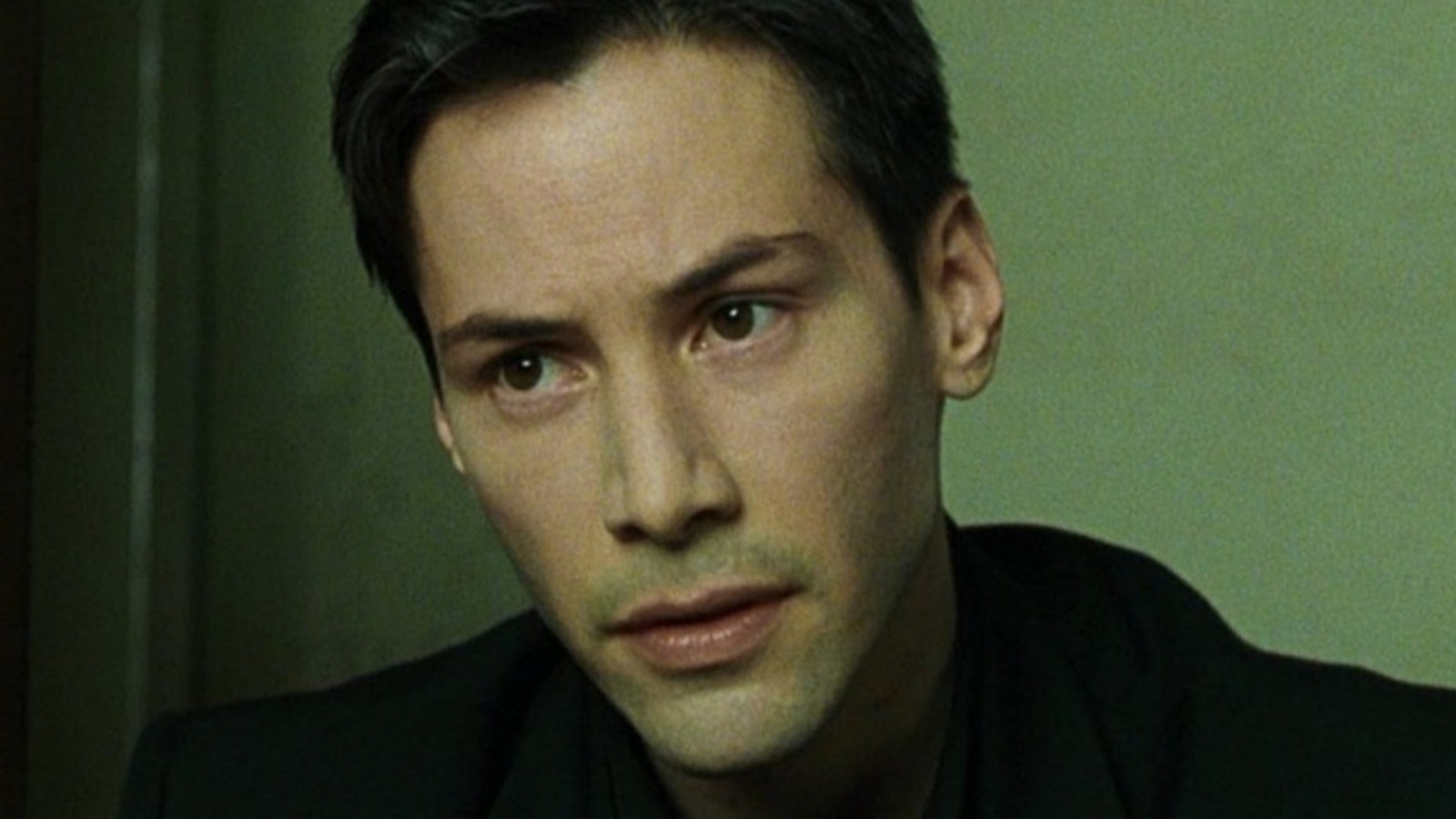
Science fiction has always asked great and profound questions: What is it to be human? Are we alone in the cosmos? Are we doomed or destined for greatness? Many talented directors have grappled with the human condition, speculated on what the near future might look like, and crafted cautionary tales that reflect the technological advances and intimidating uncertainties of our age. But in the past quarter of a century, few have had a firmer grip on the genre than James Cameron — a record-breaking visionary unlike anyone before him that time and again has defied odds and pushed genre boundaries with pop culture phenomena like “The Terminator”, “Aliens”, or “Avatar”.
In 2018, the director sat down and talked about all things science fiction with some of the greatest pioneers of the genre, from Steven Spielberg, George Lucas, Ridley Scott, and Christopher Nolan in AMC’s six-part television series “James Cameron’s Story of Science Fiction”. On the heels of his new “Avatar” release, we have pulled from its passages and featured interviews to round up ten sci-fi titles personally endorsed by the Canadian.
1. Alien (Ridley Scott, 1979)
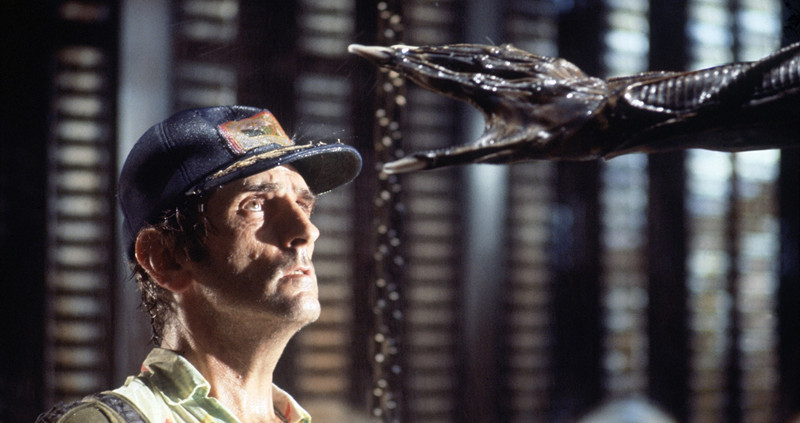
We’ve all heard the story of Cameron waltzing through 20th Century Fox headquarters, walking up to a board, writing “Alien” on it and then adding a “$” to the end. With one stroke of genius, one of the greatest sequels was conceived, a film that flipped the formula of the 1979 original and turned Ridley Scott’s haunted house in space into an adrenaline-pumping, guns-blazing war flick.
But although “Aliens” managed to withstand unflattering comparisons, Cameron still considers the first to be the greatest in the series. “Ridley [Scott] inspired an entire generation of filmmakers and sci-fi fans with the first “Alien”, and there have been so many films that stylistically have derived from it, including my own.” The Canadian admits he wanted to honor the original and deliver the legitimate sequel it very much deserved. “I sort of did it as a fanboy.” In conversation with Scott, Cameron lauded the British director for pushing boundaries of gender and conformity with Sigourney Weaver’s Ellen Ripley, noting how her heroic character became “a global icon for feminism” over the course of several films.
2. Close Encounters of the Third Kind (Steven Spielberg, 1977)
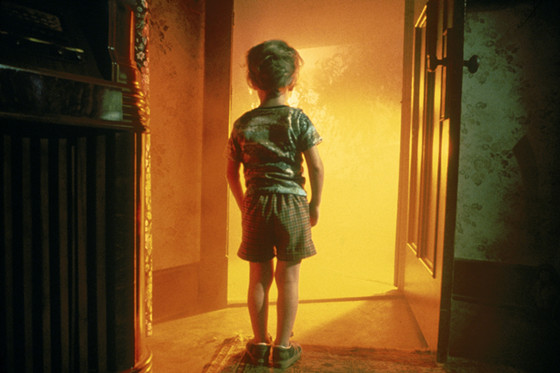
By just about any metric, no filmmaker has been as commercially successful as Cameron, whose track record includes a whopping total of $6 billion amassed at the box office throughout his career. But when it comes to generational crowd-pleasers, Steven Spielberg’s work is nothing to scoff at either.
The mastermind behind “E.T.”, “Jurassic Park”, and “Jaws” knows a thing or two about surpassing box office milestones many times over, as well as capturing the audiences’ imagination with wondrous sci-fi adventures. Cameron had a chat with the legendary filmmaker for the AMC series, in which he couldn’t hold back his love and appreciation for his classic UFO encounter movie, in which an everyman line mechanic (Richard Dreyfuss) strays away from his family after catching a glimpse at forces beyond comprehension.
“Most filmmakers my age and younger would say that you were the guy right ahead of them that blew their minds and made them want to do what they do,” Cameron told Spielberg. “You created a vision of cinema I don’t think had existed before.” The influence that “Close Encounters” had on the Canadian’s work can’t be overstated, with the 1989 waterlogged thriller “The Abyss” cut firmly from the same cloth as Spielberg’s first contact staple.
3. Forbidden Planet (Fred M. Wilcox, 1956)
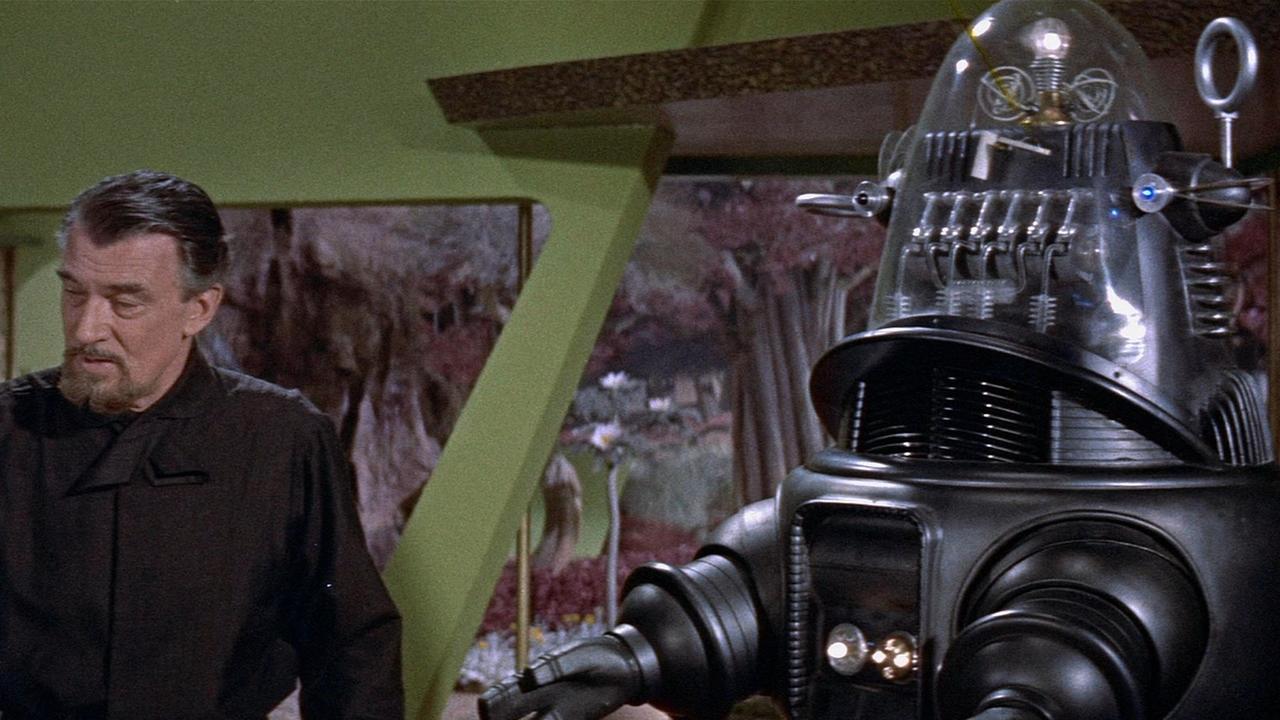
Shortly after “Avatar” had wrapped up production, Cameron confirmed that he was actively involved in a now-canceled “Forbidden Planet” reboot that was supposed to be helmed by “Babylon 5” showrunner Michael Straczynski, expressing his love for Wilcox’ much-heralded 1956 original.
A retro-futuristic take on Shakespeare’s “The Tempest”, MGM’s landmark sci-fi adventure noticeably echoes thematic strokes frequently seen in Cameron’s work, with a human spacecraft arriving at a distant planet only to be besieged by an unstoppable indigenous threat. This time around it’s not a phallic-shaped Xenomorph or fierce Na’vi warriors that wipes out the starship crew, but an invisible force lurking inside their own subconscious.
Though perhaps rather quaint by today’s standards, this ’50s staple would lay out the groundwork for sci-fi staples like “Star Trek” and retains the charm of a campy technicolor crowd-pleaser by wearing its cheesiness as a badge of honor. As long as you keep your expectations in check, there’s much to love in this one — from its gripping B-movie premise, evocative set designs, avant-garde score, and the iconic Robby the Robot.
4. Star Wars (George Lucas, 1977)
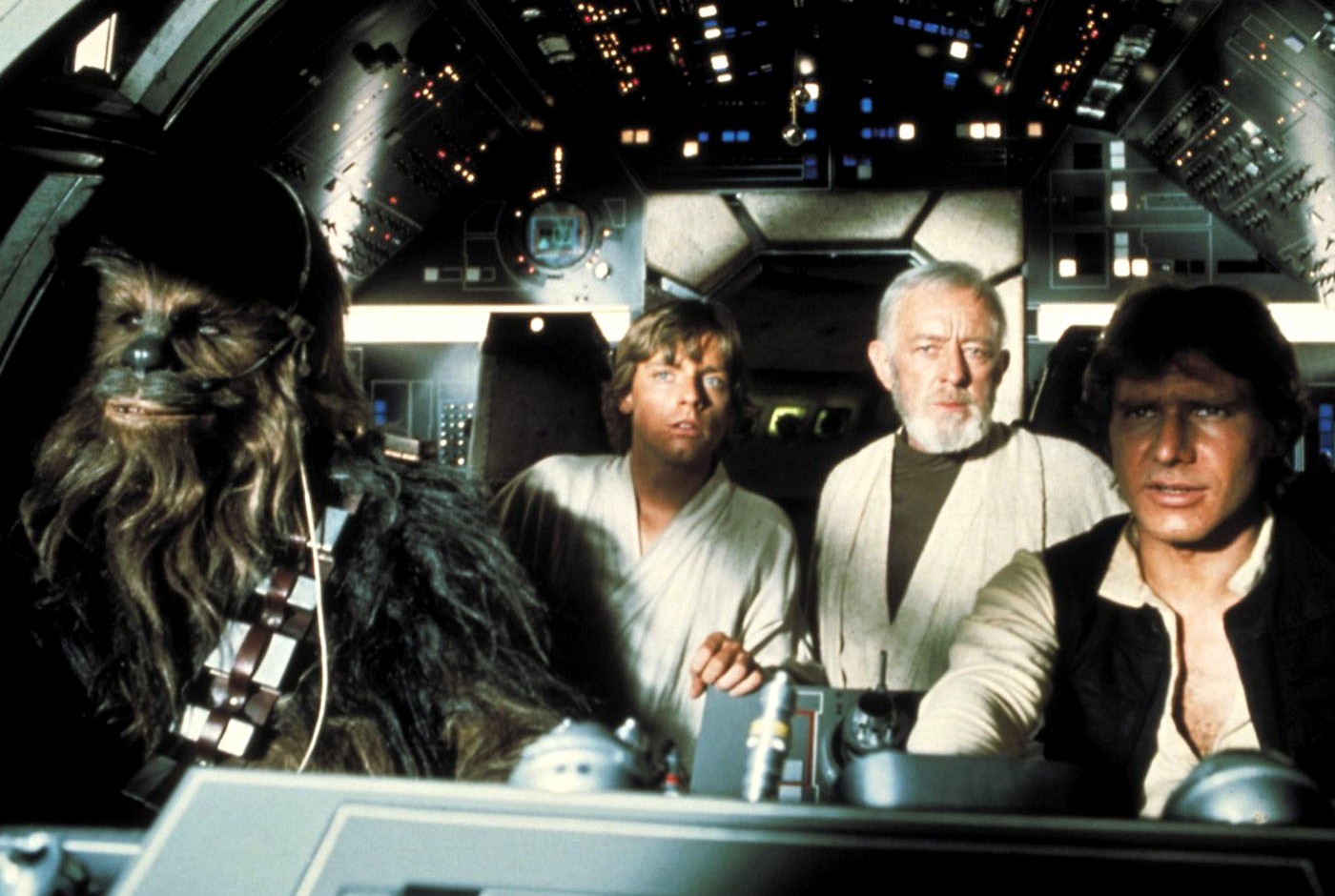
Cameron was a 22-year-old truck driver when he first watched Lucas’ space opera on the big screen, an experience he confesses that pushed him to finally pursue a filmmaking career. “It was fun and exciting. Everything just kind of blew up, it was a big revolution and I wanted to be in it.”
In conversation with George Lucas, the Ontario native hailed the “Star Wars” creator for single-handedly revolutionizing sci-fi in pop culture. “There’d been decades of downer stuff: dystopian, apocalyptic… Sci-fi was making less money every year, and then you came with a new vision — one of wonder, hope, and empowerment.” Cameron went on to describe “Star Wars” as a ‘neo-myth’ now fully embedded into our society that should be viewed as a condemnation of populism. “It’s interesting because good guys are rebels using asymmetrical warfare against a highly organized Empire,” explained the director. “I think we call those guys terrorists today.”
Speaking to WIRED, Cameron cited the 1978 Oscars ceremony, in which “Star Wars” lost to “Annie Hall”, as the first time he realized the Academy’s negative bias towards sci-fi. “This little cute relationship story beat ‘Star Wars.’ What are you people thinking?”
5. The Day Earth Stood Still (Robert Wise, 1951)
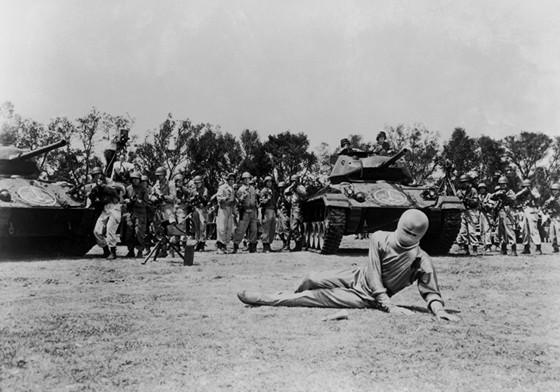
Long before “Close Encounters”, “E.T.”, “Arrival” and other marquee alien invasion movies surveyed how mankind would respond to first contact with higher intelligence, this slice of Cold War-era pacifist sci-fi carved a perfect niche for itself by depicting aliens in a far more positive light than their earthly neighbors.
After the shocking landfall of a flying saucer in a stadium in Washington D.C. wreaks havoc around the globe, human-looking extraterrestrial Klaatu (Michael Rennie) emerges with the intention to warn all humanity against the devastating dangers of nuclear warfare, prompting the planet to change our ways or face imminent destruction.
Though a pretty straight-forward and blunt manifestation of the sense of fear and paranoia of the Cold War, the still relevant philosophical questions of this cautionary tale continue to linger in the minds of modern audiences and inspire filmmakers from Spielberg and Cameron to Villeneuve, with the “Avatar” and “The Abyss” director recently featuring it in his list of sci-fi favorites curated for his six-part television program.